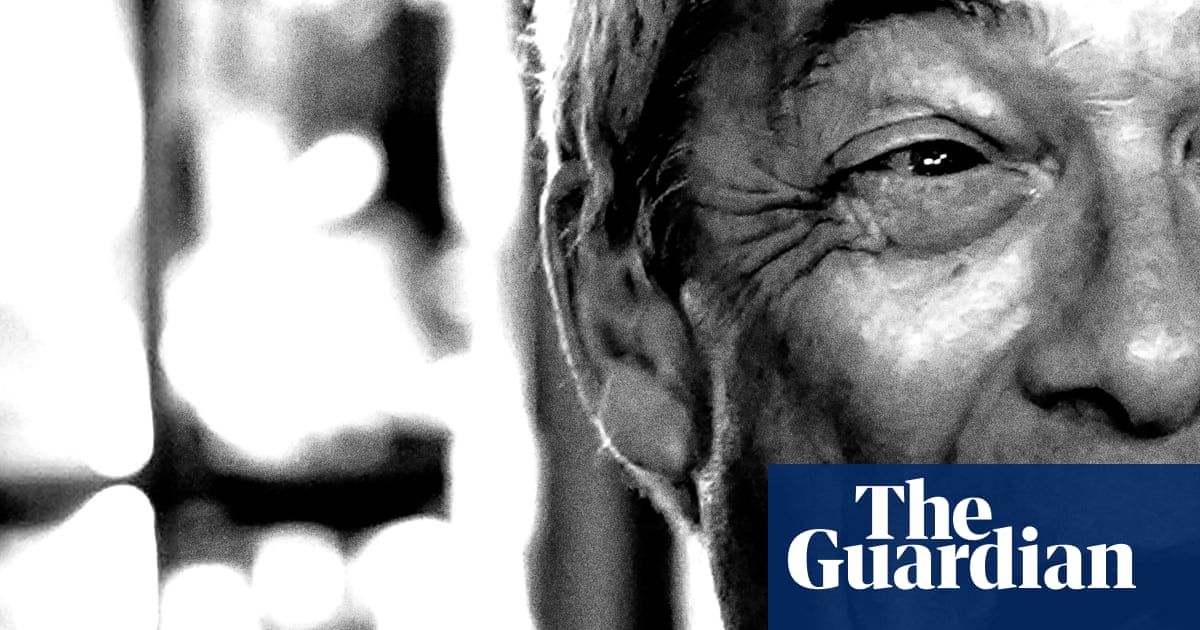Improvisation has seldom taken off on television, and – for all its grassroots popularity – maintains a fairly niche profile even away from the small screen. There is one significant exception, and that’s Whose Line Is It Anyway?, a huge hit for Channel 4 in the 80s and 90s. What was it about this particular format, at that particular time, that made mincemeat of the rule? Well, judging by the outpouring of grief for Tony Slattery, one of its breakout performers, who died this week, it had a lot to do with its cast – a striking collection of talents and personalities for whom public affection remains high 30 years later.
Take the eulogies at face value, and you would believe Slattery was the programme’s standout performer – but I’m not sure that accords with my memories, or with a dip into the show’s clips online. Yes, his was a presence that drew the eye, with its intriguing combination of demureness and unpredictability – and he was handsome, too. But this was an ensemble show, not a star vehicle – that may even have been part of its unique alchemy, in an art form, improv, where teamwork is key even as it’s often overwhelmed by look-at-me theatrics. If Slattery threatened to steal the show, Mike McShane, John Sessions and Josie Lawrence could easily steal it back again.
But he didn’t want to; that’s the point. Maybe one of the (many) reasons it hasn’t thrived in the cut-throat world of television is that improv is built on generosity and humility. Maybe Whose Line succeeded because it showcased a group of friends and colleagues trying to make one another look funnier than they looked themselves. Certainly what is notable in all the tributes to Slattery, more so than the testaments to his talent or his output (themselves considerable), is what a lovely man he was. The same, as it happens, might be said of the tributes when John Sessions died four years ago. Maybe the best improvisers (unlike the best comedians) aren’t lone-wolf self-promoters but people who put others before themselves.
If Whose Line were the whole Slattery story, he would be fondly remembered. But he struck a deeper chord, I think because of his much-publicised struggles with alcoholism and mental health. You only have to look at the dozens of TV biopics of tortured comedians of yore to appreciate how deeply the “tears of a clown” myth resonates. If we warm to a kind and funny person, we warm to them a lot more when we sense that those qualities are hard-won, that they are being heroically maintained to keep pain and distress at bay. Slattery’s battles with addiction, bipolar disorder and (as he later revealed) childhood abuse were lifelong. They came at the expense of decades of his career. And yet he waged them without self-pity.
When we mourn Slattery, we are mourning not just the too-soon death, but those years lost to mental illness; the talent that burned brightly but briefly and never really got the chance to develop. I saw him once in his later years, improvising above a pub in north London. At the time, it was framed as the ex-star taking baby steps back into the public eye. And sure enough, he still had star quality, still drew the eye – even if the show was a little overbalanced by his status, and even if his role that night was more sozzled loose-cannon than focused team-player. But he was palpably happy, and in his element, in humble surroundings, doing what he loved. He will be remembered as someone who brought joy and laughter to many, without ego and with as little regard as possible for his own anguished personal circumstances.

.png) 3 months ago
31
3 months ago
31













































